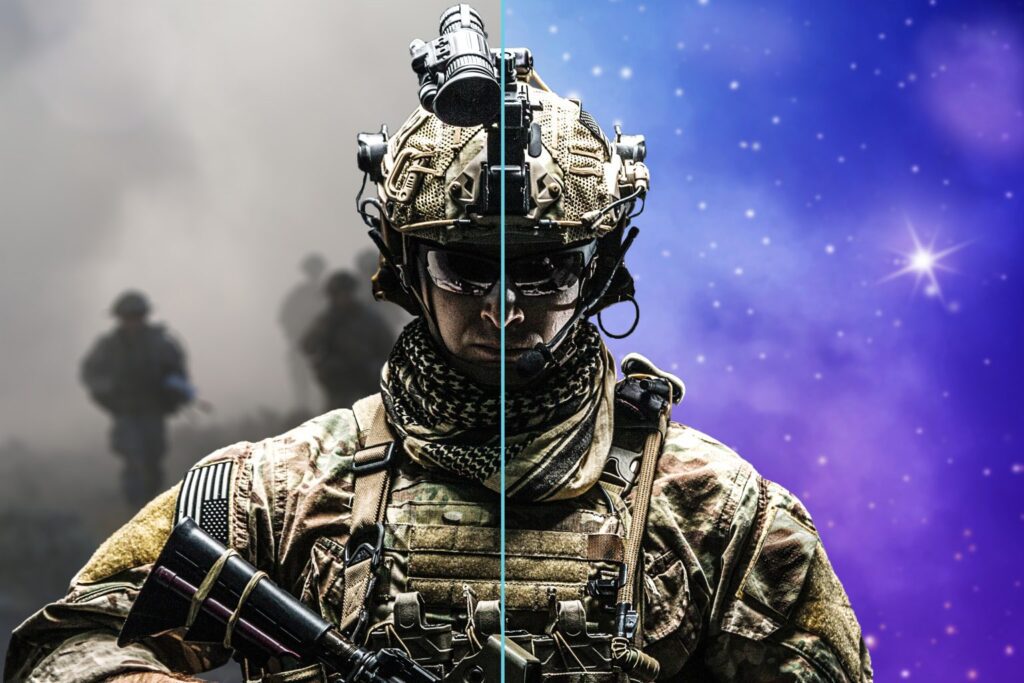Transitioning from civilian life to military life requires significant mental and physical adjustments. This article explores steps individuals can take to successfully transition into the military. Researching the military, focusing on physical fitness, mental preparation, completing basic training, specialized training, and adjusting to military life are all crucial aspects of a successful transition. By approaching the transition with dedication, resilience, and a positive attitude, individuals can thrive in their new roles as soldiers. Embracing military values and building strong relationships with comrades and superiors are also key to a successful transition.
**Introduction**
Transitioning from civilian life to military life is not an easy task. It requires a significant adjustment both mentally and physically. However, with the right mindset and preparation, the transition can be successful. In this article, we will explore the steps that individuals can take to successfully transition into the military.
**Researching the Military**
Before making the decision to join the military, it is important to do thorough research. This includes understanding the different branches of the military, the requirements for each branch, and the various job opportunities available. It is also important to consider the lifestyle changes that come with military service, such as being deployed away from home for extended periods of time.
**Physical Fitness**
One of the most important aspects of transitioning into the military is physical fitness. Military training is rigorous and demanding, so it is crucial to be in good physical shape before starting basic training. This includes cardio training, strength training, and endurance training. It is also important to practice proper nutrition and hydration to ensure that the body is adequately prepared for the challenges ahead.
**Mental Preparation**
In addition to physical fitness, mental preparation is also key to a successful transition into the military. Military life can be stressful and demanding, so it is important to develop strong mental resilience and coping mechanisms. This includes building a support network of friends and family, practicing mindfulness and stress management techniques, and seeking professional help if needed.
**Basic Training**
Once an individual has made the decision to join the military, the next step is to complete basic training. This is a challenging and intensive program that prepares new recruits for military life. It includes physical fitness training, weapons training, drills, and classroom instruction. It is important to approach basic training with a positive attitude and a willingness to learn and grow.
**Specialized Training**
After completing basic training, individuals will move on to specialized training based on their chosen military occupation. This can range from technical training for aircraft mechanics to combat training for infantry soldiers. It is important to approach specialized training with dedication and a willingness to excel in one’s chosen field.
**Adjusting to Military Life**
Transitioning into military life can be a challenging experience, but with the right mindset and preparation, it can also be a rewarding one. It is important to embrace the values of loyalty, duty, respect, selfless service, honor, integrity, and personal courage that are central to military life. It is also important to build strong relationships with fellow soldiers and superiors, and to seek out opportunities for personal and professional growth.
**Conclusion**
Transitioning from civilian life to military life is a significant and life-changing experience. It requires a combination of physical fitness, mental resilience, and dedication to succeed. By following these steps and approaching the transition with a positive attitude, individuals can successfully transition into the military and thrive in their new roles as soldiers.
